All Stories
-
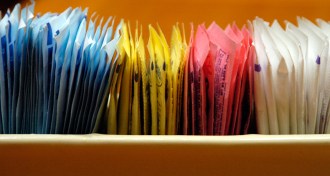 Health & Medicine
Health & MedicineThe sour side of artificial sweeteners
A new study found that saccharin alters the gut microbiome of mice and produces insulin resistance, but it’s not the first to show the sour side of diet drinks.
-
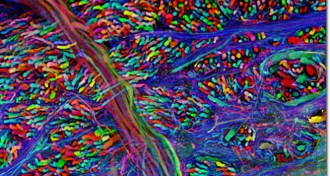 Neuroscience
NeuroscienceWhite House gives progress report on BRAIN Initiative
More pieces of President Obama’s ambitious BRAIN Initiative announced April 2013 have fallen into place.
-
 Health & Medicine
Health & MedicineEbola case identified in Dallas
The first case of Ebola to be diagnosed in the United States was announced September 30 in Texas.
-
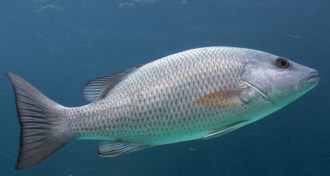 Animals
AnimalsBaby fish are noisier than expected
Gray snapper larvae may be able to communicate in open water using tiny knocks and growls.
By Susan Milius -
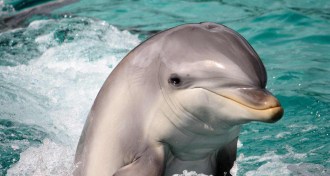 Animals
AnimalsDolphins appear to perceive magnetic fields
Bottlenose dolphins take less time to start exploring a magnetized block, suggesting they can sense magnetic fields.
-
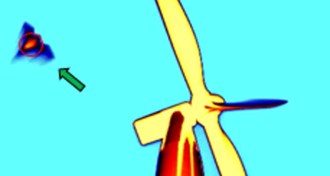 Animals
AnimalsVideos hint at why tree bats may die at wind turbines
Using heat-sensitive cameras, scientists were able to watch how tree bats interact with wind turbines and determine what behaviors may lead to their deaths.
-
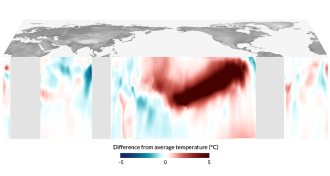 Climate
ClimateMissing winds probably foiled 2014’s chance for El Niño
Lack of antitrade winds probably hampered 2014 El Niño.
-
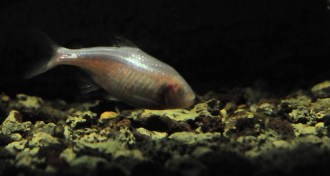 Animals
AnimalsBlind cavefish got no (circadian) rhythm
Eyeless Mexican cavefish have lost their circadian rhythm and become more efficient in the dark, a new study finds.
-
 Climate
Climate19th century chronicles offer clues to mystery volcano
Meteorological records narrow down the time and place of a massive volcanic eruption that helped trigger a decade of extreme cold.
By Beth Mole -
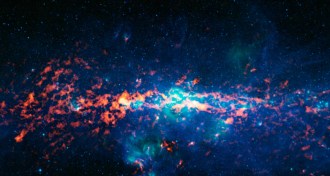 Chemistry
ChemistryInterstellar chemical resembles building blocks of life
A molecule detected in the space between stars resembles amino acids, suggesting those building blocks of life share a similar origin.
By Beth Mole -
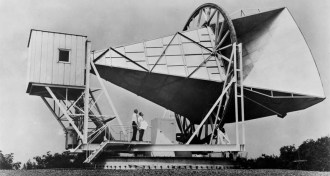 Science & Society
Science & SocietyTop 10 science anniversaries in 2014
2014 is a rich year for scientific anniversaries, from the birth of Vesalius to quantum factoring.
-
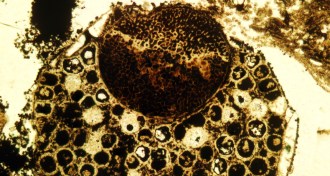 Paleontology
PaleontologyStrange fossils from China hint at early multicellular life
New fossils of strange, oblong organisms that lived 600 million years ago are giving scientists hints to how living things may have moved from being single- to multi-celled.